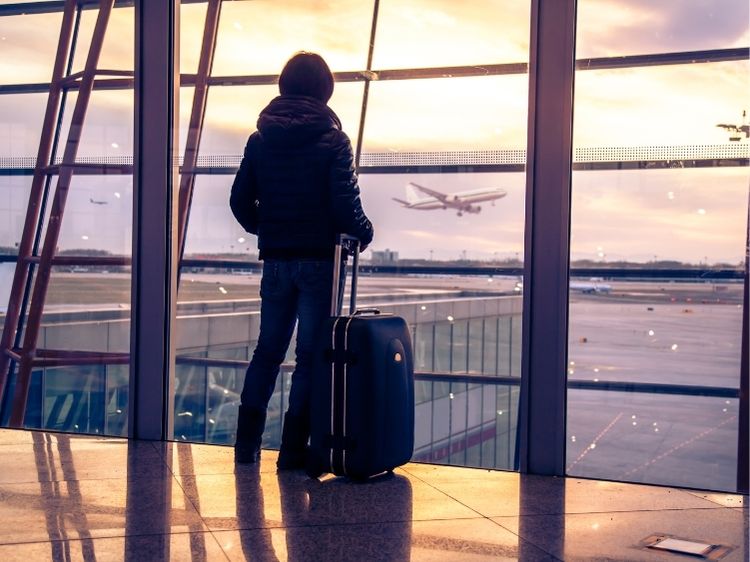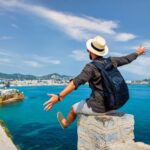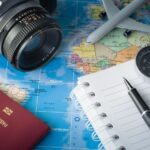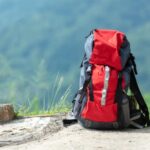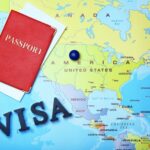If you’re planning a trip to the beautiful Caribbean island of Jamaica, you’ve likely come across travel advisories. These advisories are not just warnings—they’re tools to help you stay informed, safe, and savvy while exploring this vibrant island. From understanding health tips to staying aware of the safest spots, let’s break down everything you need to know about the latest Jamaica travel advisory.
Jamaica Travel Advisory: What You Need to Know
1. Why Check the Advisory Before You Go?
Jamaica is known for its breathtaking beaches, lively music, and rich culture, but like any travel destination, it’s important to be aware of potential risks. The Jamaica travel advisory provides insights into:
- Safety and Security: Updates on areas with high crime rates or recent incidents
- Health Risks: Information on local health concerns, vaccinations, and COVID-19 protocols
- Natural Hazards: Advisories related to weather patterns, hurricanes, and natural events
2. Understanding the Levels of Advisory
The U.S. Department of State and similar agencies rank travel advisories based on perceived risks, ranging from Level 1 (Exercise Normal Precautions) to Level 4 (Do Not Travel). Currently, Jamaica’s advisory fluctuates based on region and risk factors, so here’s a quick breakdown:
- Level 1 (Low Risk): Mostly areas within tourist hotspots like Montego Bay and Negril
- Level 2 (Increased Caution): Areas where travelers are advised to stay vigilant
- Level 3 (Reconsider Travel) and Level 4 (Do Not Travel): Specific areas often impacted by crime
3. Safe Areas vs. High-Risk Areas
Jamaica’s cities and resorts offer a mix of bustling and quiet spots. Here’s a quick comparison of safe areas versus those where caution is advised:
- Safe Areas: Montego Bay, Ocho Rios, Negril (especially resort areas)
- High-Risk Areas: Certain neighborhoods in Kingston and Spanish Town have higher crime rates.
Health and Safety Tips for Jamaica Travelers
Staying healthy during your travels involves planning ahead. From necessary vaccinations to health advisories, here’s a guide:
- Vaccinations: Ensure you’re up-to-date on routine vaccines. The CDC also recommends vaccines for hepatitis A and B, typhoid, and rabies if you’ll be engaging in outdoor activities.
- Mosquito-Borne Illnesses: Use insect repellent and wear long-sleeved clothing to prevent bites, as diseases like dengue and Zika are present in the region.
- COVID-19 Precautions: Check the latest travel restrictions and requirements, which may include testing and mask mandates.
Health Facilities and Emergency Contacts
In case of emergency, it’s handy to know nearby healthcare facilities and contact numbers. Here’s a quick list:
- Hospitals: Kingston Public Hospital, Cornwall Regional Hospital in Montego Bay
- Emergency Contact: 119 (local emergency number)
Local Customs and Culture: A Traveler’s Guide
Respecting local customs and understanding cultural norms can make a big difference in your travel experience:
- Language and Communication: While English is the official language, Patois is widely spoken. Jamaicans are generally friendly, so don’t hesitate to ask for help if needed.
- Tipping Etiquette: A 10-15% tip is standard in restaurants. Hotel and transport staff also appreciate small tips.
- Attire and Dress Code: Casual dress is acceptable, but be mindful of modesty in certain areas, particularly if visiting religious sites.
FAQs on Jamaica Travel Advisory
- Is it safe to travel to Jamaica right now?
Yes, but it’s best to stay updated on specific areas and take precautions. Avoid high-risk zones, stay in well-known tourist areas, and follow local guidelines. - What should I do in case of an emergency?
For any emergencies, dial 119 (local emergency number) and head to the nearest hospital. Familiarize yourself with where to find consular assistance if needed. - Do I need a visa to travel to Jamaica?
For U.S. and Canadian travelers, no visa is needed for stays under 90 days. However, a valid passport is required. - Can I drink the tap water in Jamaica?
While water quality is generally safe in major hotels and resorts, it’s recommended to drink bottled water, especially in rural areas. - What should I know about travel insurance for Jamaica?
Travel insurance covering health and emergencies is highly advised. It’s useful in case of unexpected incidents or medical needs.
Summary
Traveling to Jamaica can be a safe and unforgettable experience with the right preparation. By following the Jamaica travel advisory and taking simple precautions, you’ll enjoy everything this island has to offer. From stunning beaches to vibrant markets and delicious cuisine, Jamaica awaits!
Resources for Travelers
To stay updated on the latest advisories, here are some useful links:

